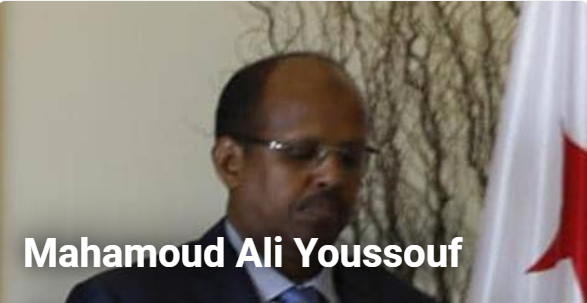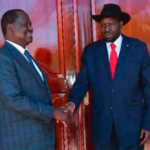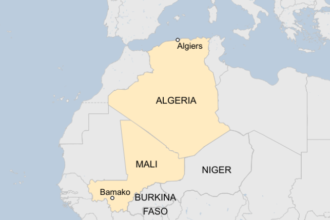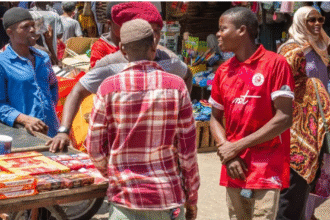Addis Ababa, Ethiopia – From the arid deserts of Sudan to the dense rainforests of the Democratic Republic of Congo, Africa is grappling with a surge in violent conflicts that threaten to destabilize entire nations and exacerbate an already fragile humanitarian situation. Experts warn that a confluence of factors, including political instability, economic inequality, and resource competition, are fueling the flames of unrest across the continent.
Mahamoud Ali Youssouf, the current Chairperson of the African Union (AU), is facing increasing pressure and criticism over his leadership as a multitude of crises plague the continent. From escalating conflicts and political instability to humanitarian disasters and economic hardship, many are questioning the AU’s response and the effectiveness of Youssouf’s leadership in addressing these pressing issues.
Youssouf, the former Foreign Minister of Djibouti, assumed the rotating AU chairmanship in February, inheriting a continent grappling with significant challenges. However, critics argue that his tenure has been marked by a perceived lack of decisive action and a failure to provide effective solutions to the growing list of problems.
The ongoing crisis in Sudan, sparked by a power struggle between the army and paramilitary forces, continues to rage, leaving thousands dead and millions displaced. Reports of widespread human rights abuses and a collapsing healthcare system paint a grim picture of a nation teetering on the brink of collapse. The humanitarian crisis is deepening daily, with aid agencies struggling to reach those in need due to the persistent fighting.
Meanwhile, in neighboring Chad, political tensions are simmering following a controversial election and a growing sense of unease over the country’s leadership. This fragility has created an environment ripe for instability, with the potential for escalating conflict between rival groups.
Further south, the Democratic Republic of Congo (DRC) continues to be plagued by persistent violence, particularly in the east, where numerous armed groups vie for control of valuable mineral resources. These groups terrorize local communities, committing atrocities and hindering development efforts. The conflict has displaced millions, creating one of the world’s largest and most protracted humanitarian crises.
In the Horn of Africa, the volatile relationship between Ethiopia and Eritrea remains a source of concern. Despite a recent peace agreement, tensions persist, and the devastating conflict in Tigray has left deep scars and a legacy of mistrust. The potential for renewed conflict remains a constant threat to regional stability.
“Africa is facing a multifaceted crisis,” said Dr. Amina Diallo, a leading political analyst specializing in African affairs. “The lack of good governance, coupled with the competition for scarce resources and the proliferation of armed groups, is creating a perfect storm. Without concerted efforts to address the root causes of these conflicts, the situation will only worsen.”
The escalating violence is having a devastating impact on civilian populations, with millions facing displacement, food insecurity, and a lack of access to essential services. International aid organizations are struggling to keep pace with the growing needs, and the capacity of host countries to absorb refugees is being stretched to the breaking point.
The international community is under increasing pressure to step up its efforts to mediate conflicts, provide humanitarian assistance, and support long-term peacebuilding initiatives. However, a unified and comprehensive approach is crucial to address the complex challenges facing the continent and prevent further bloodshed.
The future of Africa hangs in the balance. Addressing the underlying causes of these conflicts and fostering inclusive governance are essential to prevent the continent from being consumed by the flames of unrest. The stakes are high, and the time for action is now.









